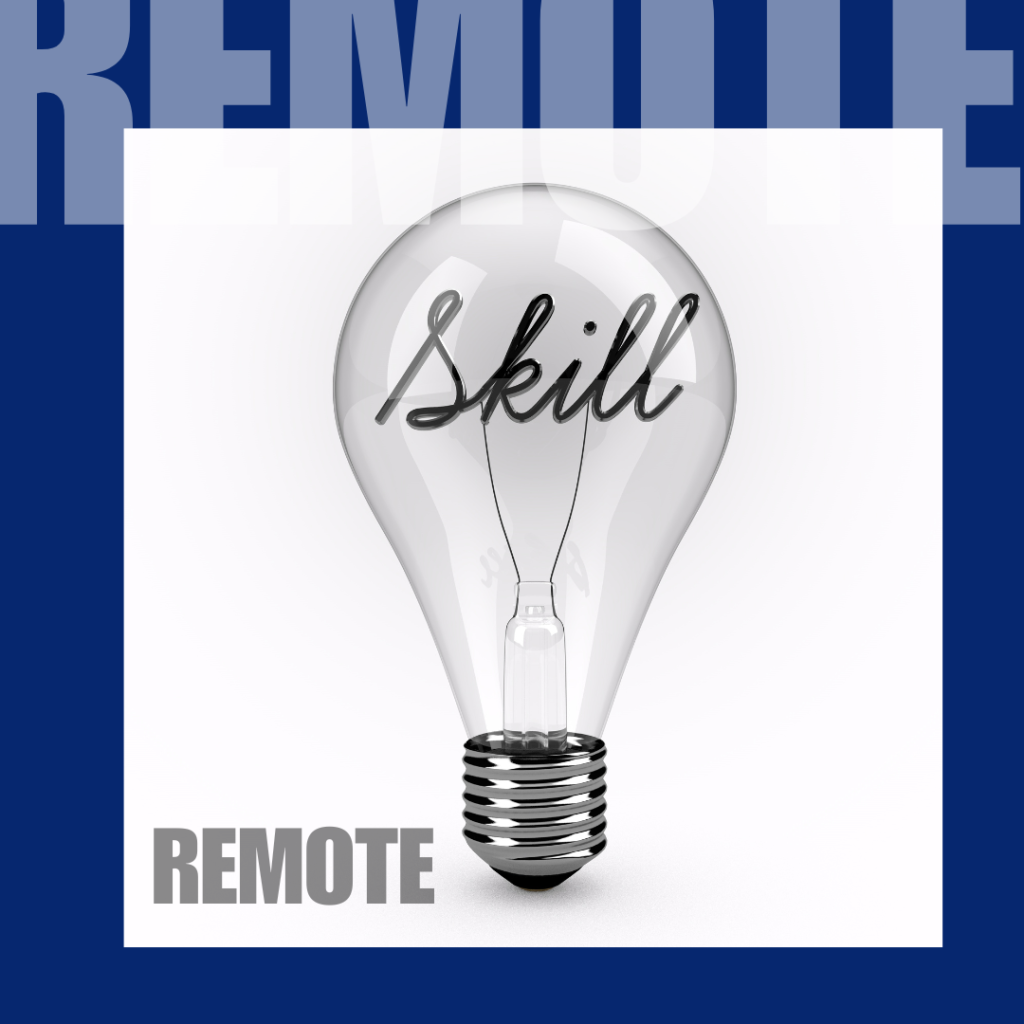
How to Identify a Conflict-Prone Employee During the Interview Stage
The hiring process is crucial in ensuring that the right employees join your team, and part of that process involves assessing the candidate’s ability to work collaboratively. One of the most challenging aspects of any team is dealing with conflict, and identifying potential conflict-prone employees during the interview stage can save you time, effort, and frustration in the long run. By observing certain behaviors and asking the right questions, interviewers can gain insight into how a candidate might handle disagreements or tension in the workplace.
Understanding Conflict-Prone Behavior
Conflict-prone employees are those who frequently escalate minor disagreements into bigger issues or create tension in the workplace. They may struggle to communicate effectively, have difficulty accepting feedback, or tend to blame others for problems rather than taking responsibility. It is important to note that conflict is natural in any work environment, but the way an individual handles it can have a significant impact on team dynamics.
Assessing Communication Skills
One of the first indicators of how a candidate may handle conflict is their communication style. Pay close attention to how they respond to questions and how they express their thoughts. Candidates who interrupt, speak over others, or show frustration when asked to elaborate may struggle with communication in high-pressure situations. On the other hand, candidates who are clear, concise, and respectful in their responses are more likely to maintain a calm and professional demeanor when conflict arises.
Behavioral Questions and Responses
Behavioral questions are an excellent way to gain insight into how a candidate has handled conflict in previous roles. By asking about specific examples of how they have resolved disputes or navigated difficult situations, you can gauge their ability to stay composed and find solutions. Pay attention to how the candidate describes the situation. If they focus more on the negative aspects of their coworkers or blame others for the issue, this may be a sign of a conflict-prone personality. A more balanced response, where the candidate takes responsibility and emphasizes collaboration or compromise, is a positive sign.
Body Language and Emotional Intelligence
A candidate’s body language can offer valuable clues about their emotional intelligence and ability to manage conflict. During the interview, observe whether they maintain eye contact, sit with an open posture, and demonstrate empathy through their facial expressions and tone of voice. A candidate who avoids eye contact, appears defensive, or displays closed body language may struggle with emotional regulation, making them more prone to conflict in a workplace setting.
Assessing How They Handle Pressure
Interviews can be stressful, and observing how a candidate handles this pressure is important. Do they remain calm and composed, or do they become defensive or anxious? The ability to remain calm under pressure is crucial in conflict resolution. Candidates who stay calm in stressful situations are more likely to handle workplace conflicts in a mature and productive manner.
Assessing Their Approach to Teamwork
Lastly, it’s essential to assess how candidates view teamwork. Conflict often arises in team settings, so understanding a candidate’s approach to collaboration can provide valuable insight into how they might handle disagreements within a team. Ask them about their experience working in teams and how they navigate differing opinions or working styles. A candidate who emphasizes the importance of respect, active listening, and compromise in teamwork is likely to be less conflict-prone and more adaptable in collaborative environments.
Identifying conflict-prone employees during the interview stage requires a keen eye for behavioral cues, communication styles, and emotional intelligence. By asking the right questions, observing responses carefully, and considering their approach to teamwork, you can make more informed hiring decisions. A candidate who demonstrates maturity, responsibility, and a collaborative mindset is more likely to handle conflict constructively, contributing to a healthier and more productive work environment
